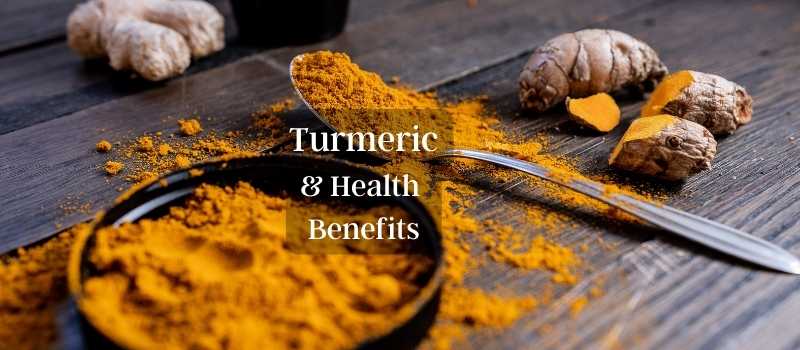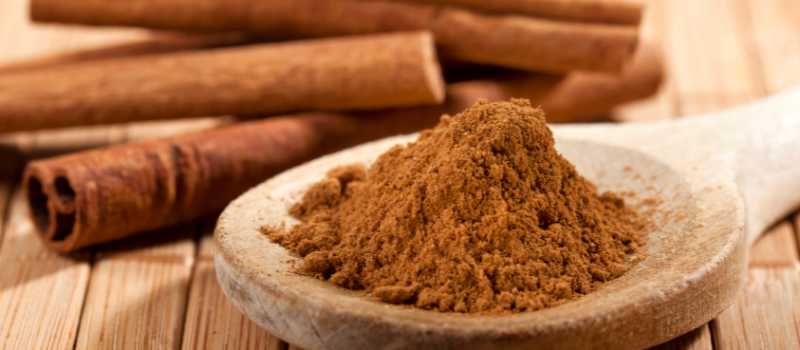Before starting any health regime, you should ask your doctor or health care provider.
Turmeric is gaining wide recognition for the benefits of everyday health. One of those is inflammation, but first: Turmeric is commonly used in cooking, especially in Indian and Southeast Asian cuisines, to add flavor and color to dishes. Turmeric has a warm, earthy taste and is known for its potential health benefits, including anti-inflammatory properties. It's often used in curries, soups, and as a natural food coloring. Additionally, it has been used for centuries in traditional medicine for its healing properties. Recognizing that not everyone enjoys the taste of turmeric, there are numerous options available for incorporating turmeric into your diet. Discover the one that suits your preferences by exploring links we added for you. If you're interested in purchasing, you can click on the provided links to visit Amazon for pricing and ordering information.
Turmeric offers several potential health benefits, although it's important to note that individual experiences may vary. Some of the key benefits associated with the use of turmeric include:
Anti-Inflammatory Properties: Curcumin, the active compound in turmeric, has strong anti-inflammatory effects. It may help reduce inflammation in the body, which is linked to various chronic diseases.
Antioxidant Effects: Turmeric is a potent antioxidant, which means it can help protect your cells from damage caused by harmful molecules called free radicals.
Pain Relief: Some people use turmeric as a natural remedy for pain relief, particularly for conditions like arthritis. Its anti-inflammatory properties may help alleviate joint pain.
Digestive Health: Turmeric can stimulate bile production, which aids in digestion. It may also help soothe digestive issues like indigestion and bloating.
Heart Health: Turmeric may have a positive impact on heart health by improving the function of blood vessels and reducing the risk of heart disease.
Brain Health: Some studies suggest that curcumin could potentially help in the prevention or management of neurodegenerative diseases like Alzheimer's due to its anti-inflammatory and antioxidant properties.
Skin Health: Turmeric can be used topically to help with various skin issues, including acne and wound healing, thanks to its anti-inflammatory and antimicrobial properties.
Cancer Prevention: While more research is needed, some studies have shown that curcumin may have anti-cancer properties by inhibiting the growth of cancer cells.
Diabetes Management: Turmeric may help regulate blood sugar levels and improve insulin sensitivity, which can be beneficial for people with diabetes.
It's important to remember that while turmeric has these potential benefits, it's not a cure-all, and individual responses can vary. Also, the concentration of curcumin in turmeric is relatively low, so some people choose to take curcumin supplements for a more concentrated dose. Before using turmeric or any supplement for health purposes, it's a good idea to consult with a healthcare professional, especially if you have underlying medical conditions or are taking medications.
Cooking: <-- Find Turmeric cooking spice here.
Turmeric is a popular spice in many cuisines, especially Indian, Thai, and Middle Eastern dishes. You can add it to curries, stews, soups, rice, and roasted vegetables to enhance flavor and color. Just be cautious not to overuse it, as it has a strong, earthy taste.
Turmeric Tea: <-- Find Turmeric Tea Bags here.
You can make turmeric tea by steeping sliced or grated fresh turmeric root in hot water. Add a pinch of black pepper and a bit of honey or lemon for flavor. This is a soothing way to consume turmeric.
Golden Milk: <--Find Golden Milk Options Here.
Golden milk is a popular turmeric-based drink. It typically consists of turmeric, milk (or a dairy-free alternative like almond or coconut milk), black pepper, and spices like cinnamon and ginger. You can sweeten it with honey or a sweetener of your choice.
Turmeric Supplements: <-- Find the best choice for you here. Turmeric supplements, often containing curcumin extract, are available in pill or capsule form. These can provide a more concentrated dose of curcumin, but it's essential to consult with a healthcare professional before taking supplements.
Smoothies:<--- Find ground Turmeric Here.
Add a pinch of ground turmeric to your morning smoothie for a nutritional boost. Combine it with fruits, vegetables, yogurt, or milk for a tasty and healthful drink.
Turmeric Paste: You can make a turmeric paste by mixing ground turmeric with water. This paste can be used as a base for curries or added to other dishes for flavor and color.
Topical Applications: Some people use turmeric topically for skin issues. Mix turmeric with yogurt or honey to create a face mask or paste for skin conditions. However, be cautious, as turmeric can stain the skin temporarily.
When using turmeric, keep in mind that it's often more effective when consumed with black pepper, as it contains piperine, a compound that enhances the absorption of curcumin, the active ingredient in turmeric. Additionally, it's important not to over consume turmeric, as excessive intake may have adverse effects. If you have any concerns about adding turmeric to your diet, it's best to consult with a healthcare professional, especially if you have underlying health conditions or are taking medications.
Turmeric is generally considered safe when consumed in moderate amounts as part of a regular diet. However, there can be potential interactions between turmeric and certain medications or medical conditions. It's important to be aware of these interactions and consult with a healthcare professional if you have any concerns. Here are some medications and conditions for which you should be cautious when using turmeric or curcumin supplements:
Blood Thinners (Anticoagulants/Antiplatelet Drugs): Turmeric may have mild blood-thinning effects, and when combined with medications like warfarin, aspirin, or clopidogrel, it can increase the risk of bleeding. It's essential to consult with your healthcare provider to monitor your blood clotting if you're using both turmeric and these medications.
Antiplatelet Drugs: Turmeric may also interfere with the function of platelets, which help with blood clotting. Combining turmeric with antiplatelet drugs like aspirin may increase the risk of bleeding.
Antacids: Turmeric can potentially increase stomach acid production. If you're taking antacids or medications for acid reflux or stomach ulcers, turmeric may counteract their effects.
Diabetes Medications: Turmeric may lower blood sugar levels, and when combined with diabetes medications, it could lead to hypoglycemia (low blood sugar). If you have diabetes and want to use turmeric, monitor your blood sugar levels closely, and consult your healthcare provider for adjustments to your medication if needed.
Gallbladder Disease: Turmeric may stimulate the gallbladder, so individuals with gallbladder problems or a history of gallstones should use it cautiously.
Pregnancy and Breastfeeding: The safety of turmeric supplements during pregnancy and breastfeeding has not been thoroughly studied. It's best to avoid high-dose supplements during these periods and consult with a healthcare provider if you have concerns.
Iron Absorption: Turmeric may inhibit the absorption of dietary iron, which could be an issue for individuals with iron-deficiency anemia. Avoid consuming turmeric with iron-rich foods if this is a concern.
Liver Conditions: People with liver conditions, including liver disease or impaired liver function, should exercise caution when using turmeric supplements, as they may affect liver enzymes.
Always consult with your healthcare provider before adding turmeric or curcumin or any supplements to your diet, especially if you're taking medications or have any underlying health conditions. They can provide personalized guidance based on your specific situation and help you make informed choices regarding the use of turmeric.
Do you use Turmeric or have a few tips of your own? Tell us in the comments so others can know. Share this with with others.











